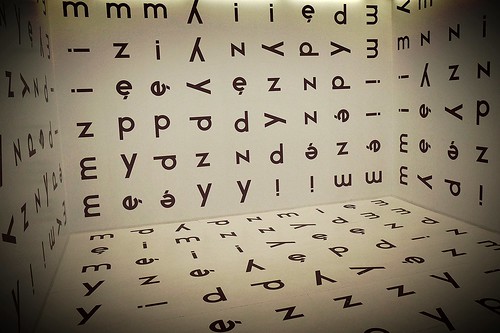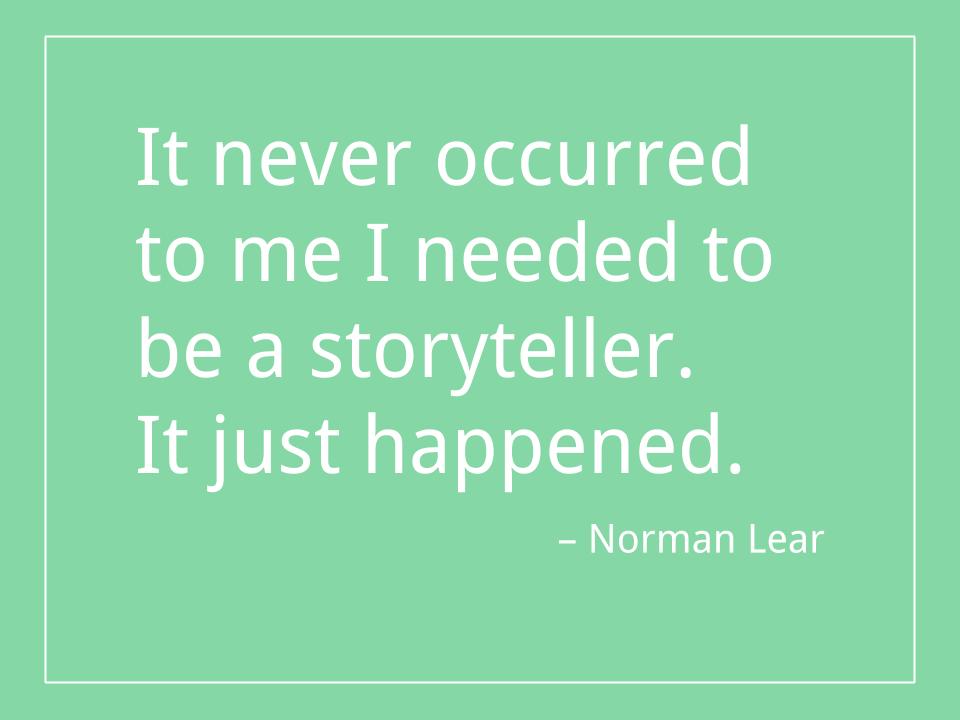41: Why do we need an Urban Dictionary? #LifeWideLearning16 @mrchase (for ref: https://t.co/T862N3fSnV)
— Ben Wilkoff (@bhwilkoff) February 10, 2016
In first grade, my mom and I moved to Kentucky. While only for a year, my grandparents’ worst fear was realized. I came back with a tiny drawl, an ability to pronounce Louisville like a local, and a proclivity for “y’all”. In adulthood, I’ve lived in some linguistically diverse places. As a result, I’m somewhere between a colloquial mutt and a carpetbagger of words.
From my northern California connection, you’re likely to hear “hella“. It only took a year in Boston for me to see the beautiful malleability of “wicked” (see also “wicked awesome”). Four years in Florida brought “y’all” back into my life. Nowhere and no word has proven so utilitarian as Philadelphia’s “jawn” (see also “jawnski”).
These words act as aural tattoos of where I’ve been and are constant reminders of what it meant to be in and of a place. This is to speak nothing of the international words I’ve collected. “Jambo,” “ubuntu,” and “inshallah” from Kenya, South Africa, and Pakistan respectively are only a few of the terms I encountered amongst other people and recognized the value of beyond what America could provide.
More than usefulness, these words are also markers of how I define citizenship in ways that are perhaps different than my parents who have not traveled out of the country or my grandparents who have lived in relatively similar locations throughout their lives. If language is culture, my travels have made me a part of a culture different and connected to the one from which I come.
This is where tools like urbandictionary and Language Log are the most helpful. All that’s necessary is an Internet connection and we can sort through the cultures and micro-cultures of those whom we may never meet. Even if we are not participating, we can have a window into how words and their meanings shape the actions and beliefs of others. These tools represent a museum of the now, sharing the nouns, verbs, and clauses that separate and connect us.
This post is part of a daily conversation between Ben Wilkoff and me. Each day Ben and I post a question to each other and then respond to one another. You can follow the questions and respond via Twitter at #LifeWideLearning16.


